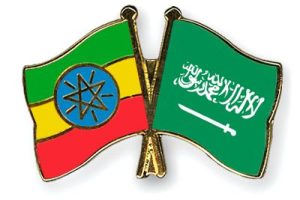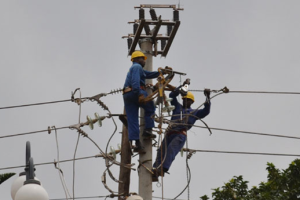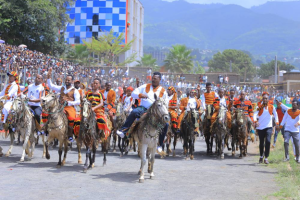
After the worst bloodshed since the overthrow in April of President Omar al Bashir, the neighboring country Sudan has continued to be besieged by political unrest. And in the African context, such a phenomenon has become almost common that countries in transitional process usually face.
One of the major reasons for instability in Africa is the absence of democracy. During the tenure of Al Bashir after he took power 30 years ago in a military coup, the Sudanese were demanding for the respect of civil and political rights. The situation led to popular uprising that led to the demise of Albashir. Now, the country is under the Military Transitional Council which overthrew the government led by Al bashir by military coup, though its accession to power was spurred by massive popular resistance. But the unrest has continued unabated.
If the political unrest continues and political forces in the Sudan fail to come to a lasting solution or delay for long in the process, the political turmoil is likely to influence the neighboring countries apart from affecting the Sudanese. In the worst case, the situation might lead the Horn to an endless political disorder. Terrorist groups may interfere in the region and aggravate the current scenario.
That is why the political turmoil in Sudan is a concern of neighboring countries as well. Hence, although ensuring peace in the Sudan remains to be a task of primarily the Sudanese people, countries in the Horn should also play a maximum role in finding lasting solutions to the problem. Countries in the Horn shouldn’t let the Sudan to become another fragile or failed state in the Horn.
In this regard, Prime Minister Abiy Ahmed has been playing a key role in finding a lasting solution. After talking to the country’s protest leaders and the ruling generals in Khartoum recently, he called for a “quick” democratic transition in the country. Even back home, he continued to talk to them and urged the Sudan’s military rulers and civilian opposition to exercise “bravery” in trying to agree steps towards democracy.
Ethiopia, through the leadership of Dr. Abiy has proposed setting up a new transitional council in which civilians would be in the majority, the opposition leaders. The Transitional Military Council has actually thanked Ethiopia for its mediation efforts. The TMC also expressed its “openness and keenness to negotiate to reach satisfactory understandings that will lead to a national consensus, leading to the establishment of a democratic transition.”
Whatever arbitration efforts are taking place, realizing lasting peace in Sudan is unthinkable without the willingness of the Sudanese people and the current rulers. As the primary beneficiary of peace and stability in the country, the Sudanese should stand together and pave the way for democratic transition.
The Sudanese people and the Transitional Military Council give peace a chance and iron out differences through discussions. In fact, they should take the transitional period as a good opportunity for a better reform and a stable country that would contribute its share for the peace, stability and overall development of the Horn.
The Ethiopian Herald, June 13/2019





